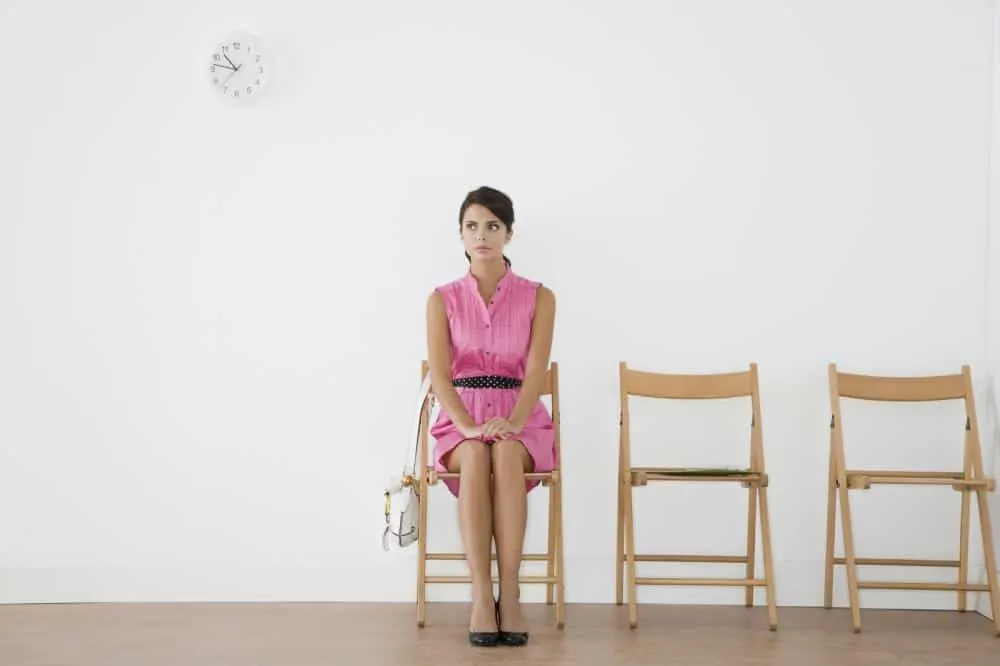
3 Ways to Cope With Anxiety in Recovery
Anxiety is a natural human emotion that many people feel from time-to-time. The first day at a new job, preparing to do a speech in public, and even dental or doctor appointments may be causes for feeling anxious. In recovery, people often feel like they’re doing a task for the first time.
Why Do You Feel Anxious?
You may feel anxious about situations like the ones we mentioned above. Who hasn't had anxiety about a doctor visit or making a speech? However, stress can also occur when things seem to be "normal" and going well. It may be that you were so used to having a little “help” from your drug of choice, that everyday tasks may seem daunting. In addition to this, you might still be grappling with withdrawal symptoms that can seem to magnify your emotions, which can easily cause full-fledged fear or anxiety when you’re doing something that feels new.
Some people in recovery used drugs or alcohol to mask the symptoms of an anxiety disorder, such as generalized anxiety disorder or PTSD. When something comes up to make a person with these disorders anxious, they may have an anxiety attack or feel too anxious to get specific tasks done.
Managing Anxiety
Learning to manage anxiety in recovery is something you will do one day at a time. There are some things to consider that can help you learn to cope. Here are three essential things to try if you’re feeling anxious or it’s causing problems in your daily life.
- Get Help: If anxiety stops you in your tracks or makes it difficult for you to do things you need to do, get some help. You may have an anxiety disorder. There’s nothing shameful about having a disorder. But just like addiction, you need to learn to treat it. Therapy and sometimes medication can help you learn to live a better life and cope with your anxiety if it's overwhelming.
- Learn Mindfulness: Learning mindfulness, meditation, or breathing exercises can help you learn to take a step back from your anxiety and live in the moment. By learning these exercises, you’ll have more tools to help you when you’re feeling angry or depressed as well. Check video websites online or a book at the library to learn more about using these types of exercises to help you.
- Get Exercise: Taking a walk, riding a bike, or simply playing with a young child or dog can do a world of good for people who experience anxiety. Exercise has proven to have many benefits for mental health as well as physical health. You may think that you don’t like exercise or that it’s only for physical fitness buffs, but it’s a meaningful way to flood your body with chemicals that help you relax and regulate your emotions.
Anxiety may seem overwhelming, but taking control of how you cope with these feelings can help you learn to walk through fear in your daily life. Make sure that you share your feelings with others in recovery, like your sponsor or 12-step groups. Walking through fear is a challenge, but when you get to practice with it, you’ll feel more confident. You’ll learn that you’re healthy and capable, and can rise to the challenge even when you feel vulnerable.
Getting Help for Addiction
Are you struggling with drugs or alcohol? We provide a safe, holistic space to begin your path to recovery as your body heals from the impact of drugs. Recovery is possible! Let us help you take your first steps to reclaim your life. Call us atUS (949) 279-1376 • MX (612) 153-5726 to learn more about your options.
